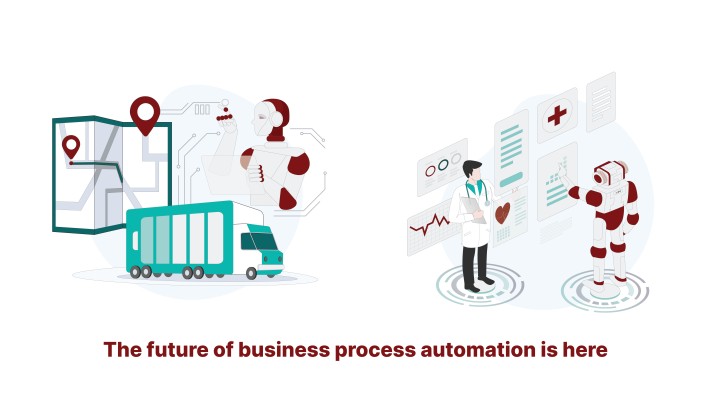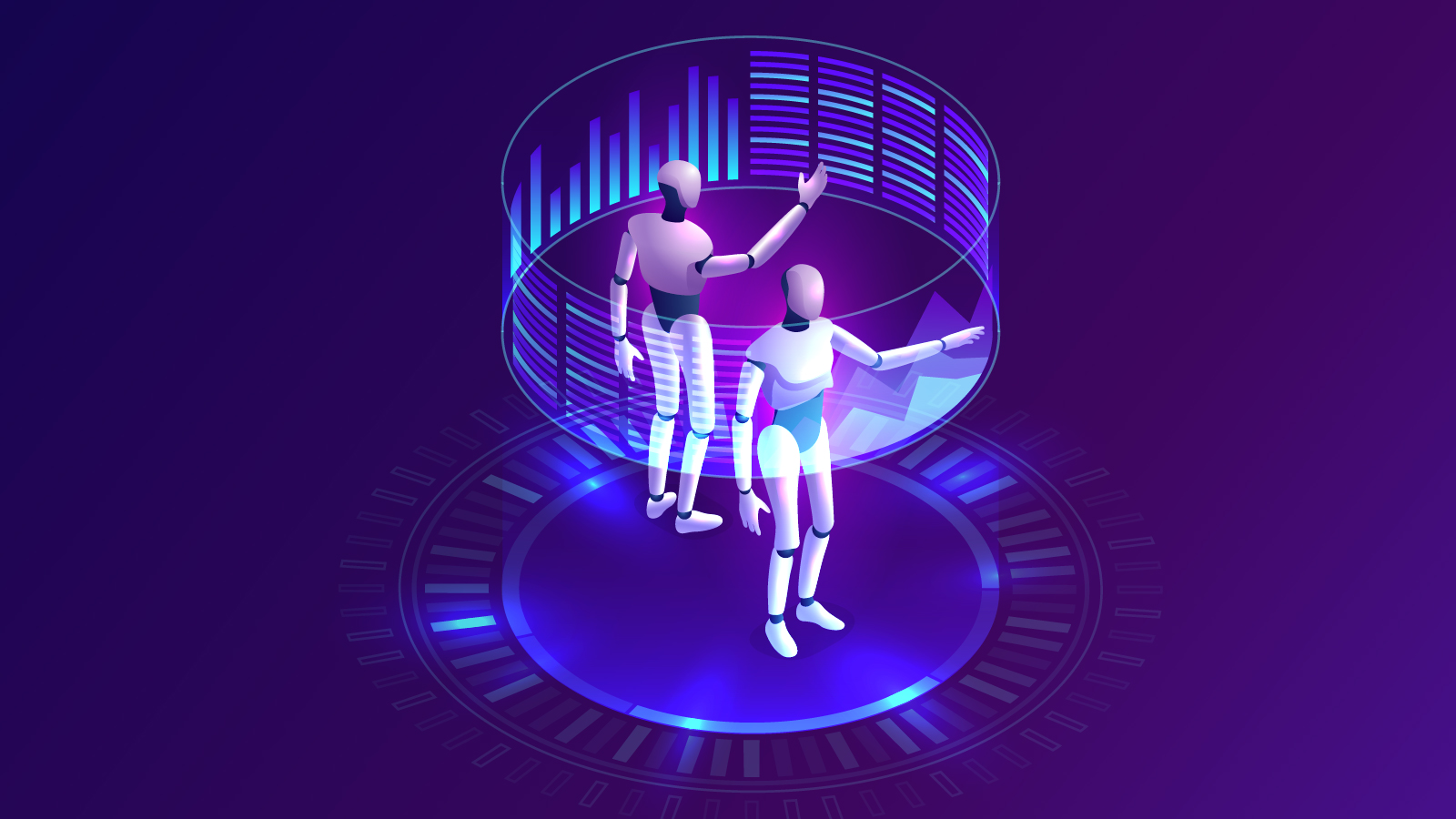In November 2022, the world was captivated by the launch of ChatGPT, a groundbreaking application of Gen AI. While many had previously interacted with AI assistants like Siri or Alexa, ChatGPT’s advanced capabilities offered a new level of assistance—writing original songs and essays, editing media files, and generating and debugging codes. A year later, just when the excitement surrounding generative AI had barely settled, a game changing concept surfaced: agent AI, grabbing the attention of tech enthusiasts and business leaders.
What’s all the hype about Agent AI?
It’s the autonomy! Remember Tesla’s much-discussed self-driving cars, they are AI agents, and now it’s manifesting across industries.
Agent AI, unlike ChatGPT that generates text-based responses, engaging in continuous dialogue (with users or other agents), possesses the ability to perceive its environment, make autonomous decisions, and take actions to achieve specific goals. It’s like a digital assistant capable of learning, adapting, and predicting needs—almost mimicking humans.
The power of Agent AI lies in the harmonious functioning and synchronization of its building blocks—environment, sensors, AI models, and actuators. The stage upon which Agent AI unfolds performance is the environment, a world filled with data and opportunities. An environment could be a bustling factory floor and a crowded street, or a virtual realm like a website. To perceive this environment, Agent AI relies on sensors, its attentive “ears and eyes” like cameras, IoT devices, microphones, and websites to collect valuable information from the environment. At the heart of Agent AI’s performance stands the AI models—Large Language Model (LLM), Vision-Language Model (VLM), Large Multimodal Model (LMM), and Large Action Model (LAM), which act as its engine—processing the collected data and making informed decisions. Finally, the actuators bring the performance to life. These are the instruments like display screens, speakers, and robotic limbs that translate the model’s decisions into actions.
AI Agents – An Untapped Opportunity
Agent AI has the potential to revolutionize industries by automating tasks, improving efficiency, bringing down costs, enhancing customer experiences, and empowering better decision making. Here’s how businesses enhance operations harnessing Agent AI.

Enhanced Autonomy:
One of the most compelling reasons for Agent AI is its ability to perform a spectrum of tasks with precision and autonomy. It can interact with various siloed systems and make decisions to solve complex problems, freeing humans to focus on more strategic tasks. For instance, by instantly processing humongous amounts of data, Agent AI can analyze and manage the supply chain, optimize inventory, forecast demand, and handle complex logistics planning—all without step-by-step human interference.
Improved Customer Experience:
AI agent can highly customize its operations to a particular user preference and organizational need. It can tailor its actions to anticipate user needs, suggest actions, and adapt its approach based on feedback and outcomes. Such levels of personalization can improve productivity and enhance user experience. Think about Agent AI as a round-the-clock health assistant that engages with patients daily, monitors their mental and physical well-being, adjusts treatment plans in real-time, and provides personalized therapy.
Efficiency & Cost Savings:
Imagine a smart grid controller that manages the energy distribution and storage. Based on its demand forecasts and energy prices, it further optimizes resource allocation, improving efficiency and reducing costs. That’s the power of Agent AI—it can analyze real-time data from a multitude of sources, accurately identify trends and patterns, and provide valuable recommendations.
Charting the Way Ahead with Agent AI
The potential benefits of Agent AI are too significant to ignore. To successfully harness these benefits, organizations must take a strategic approach, prioritizing the following steps:
-
Data Preparation:
Ensure high-quality and relevant data is available for training AI models.
-
Model Development:
Build and fine-tune AI models tailored to specific tasks and objectives.
-
Model Orchestration:
Integrate AI models into existing systems and workflows.
-
Testing and Evaluation:
Rigorously test AI models to ensure they perform as expected.
-
Governance:
Continuously monitor, audit and maintain AI models to ensure compliance to operating standards and adaptation to evolving needs.
As organizations navigate through the complexity of each step, persistent focus on experimentation and exploration is recommended to generate more optionality and become more resilient. The future of Agent AI is in our hands. Let us embrace the potential of this technology while remaining vigilant about governance.
About the Authors:
Richa Gupta, Business Unit Head at Mu Sigma, and Todd Wandtke Head of Marketing and Customer Success at Mu Sigma.


